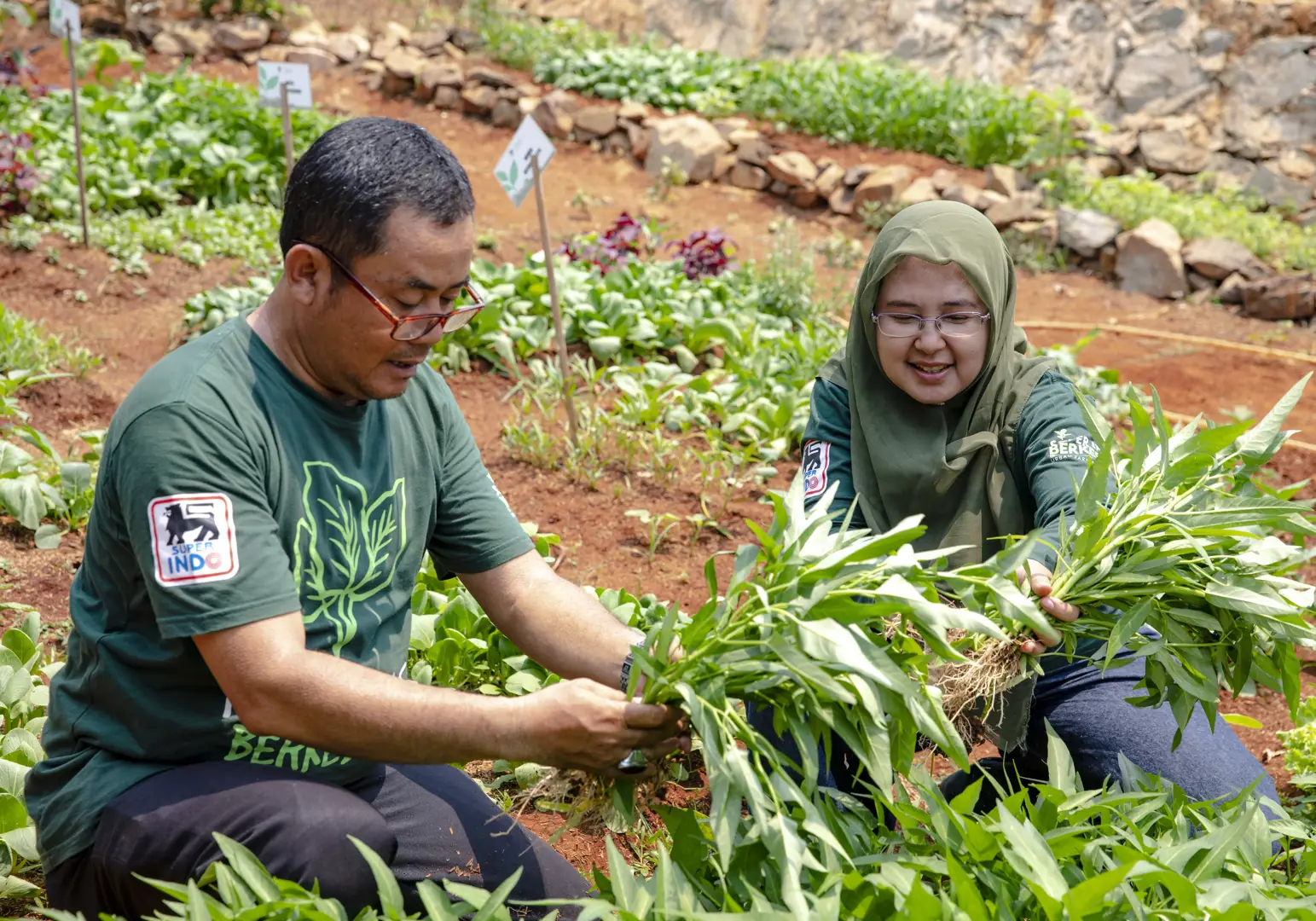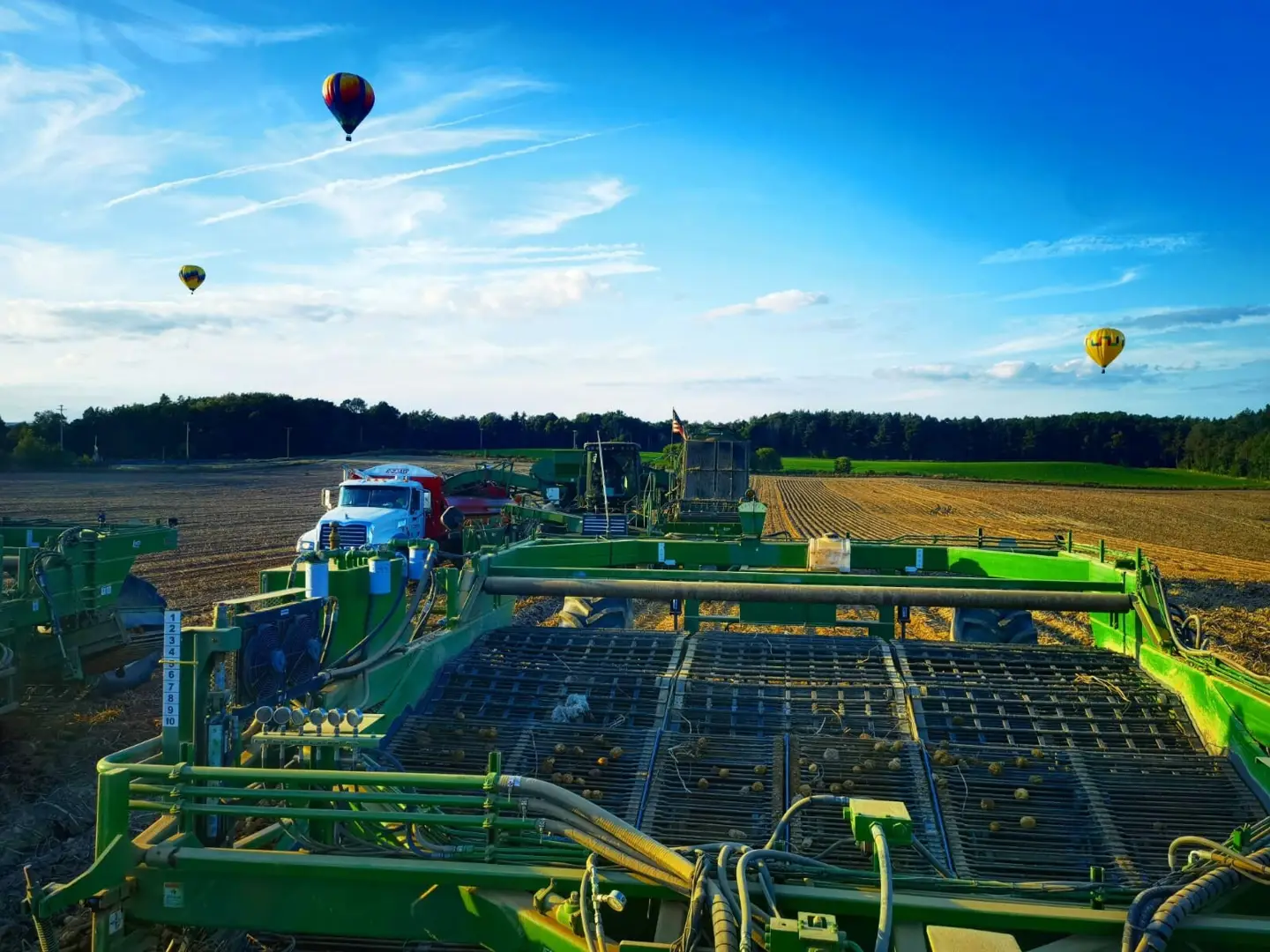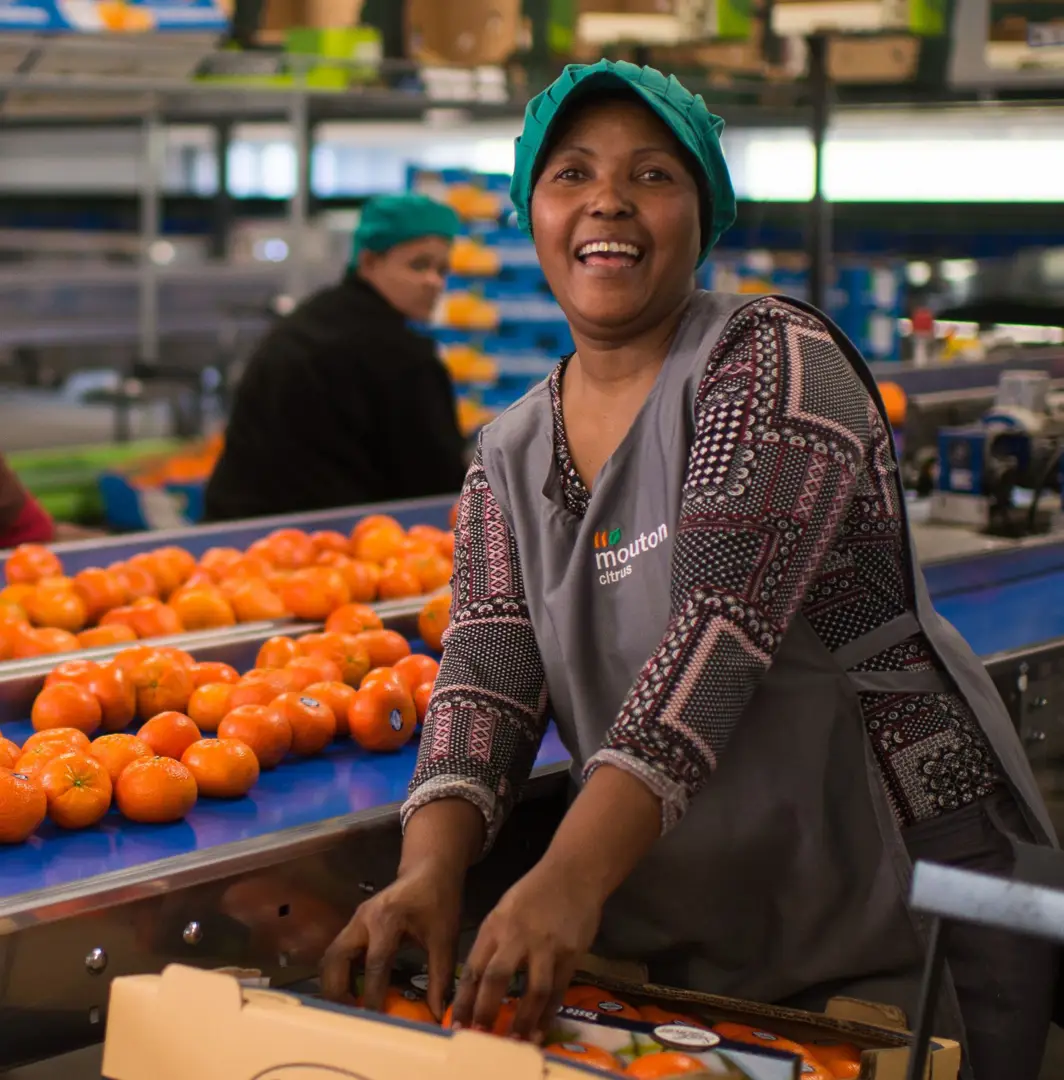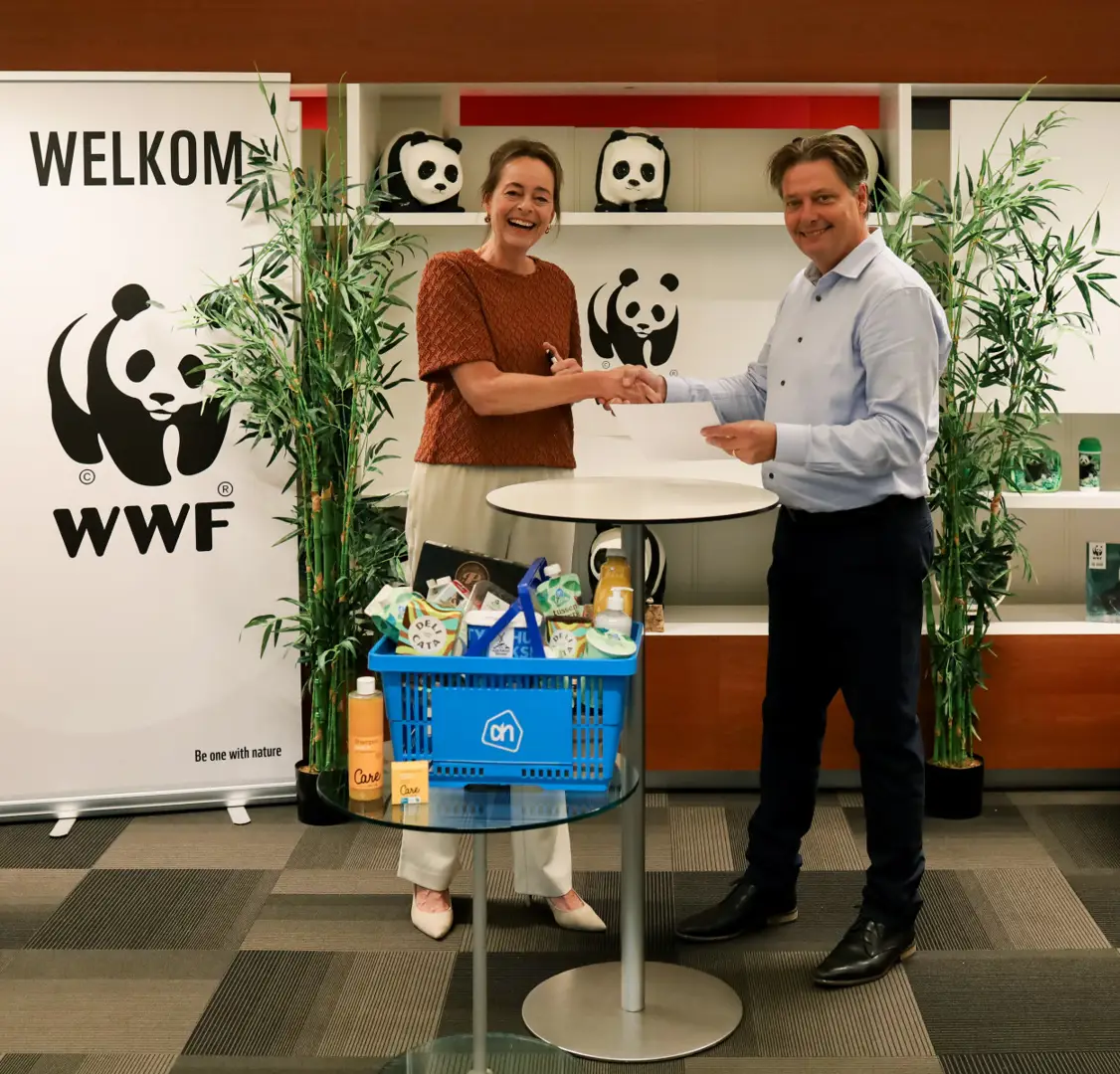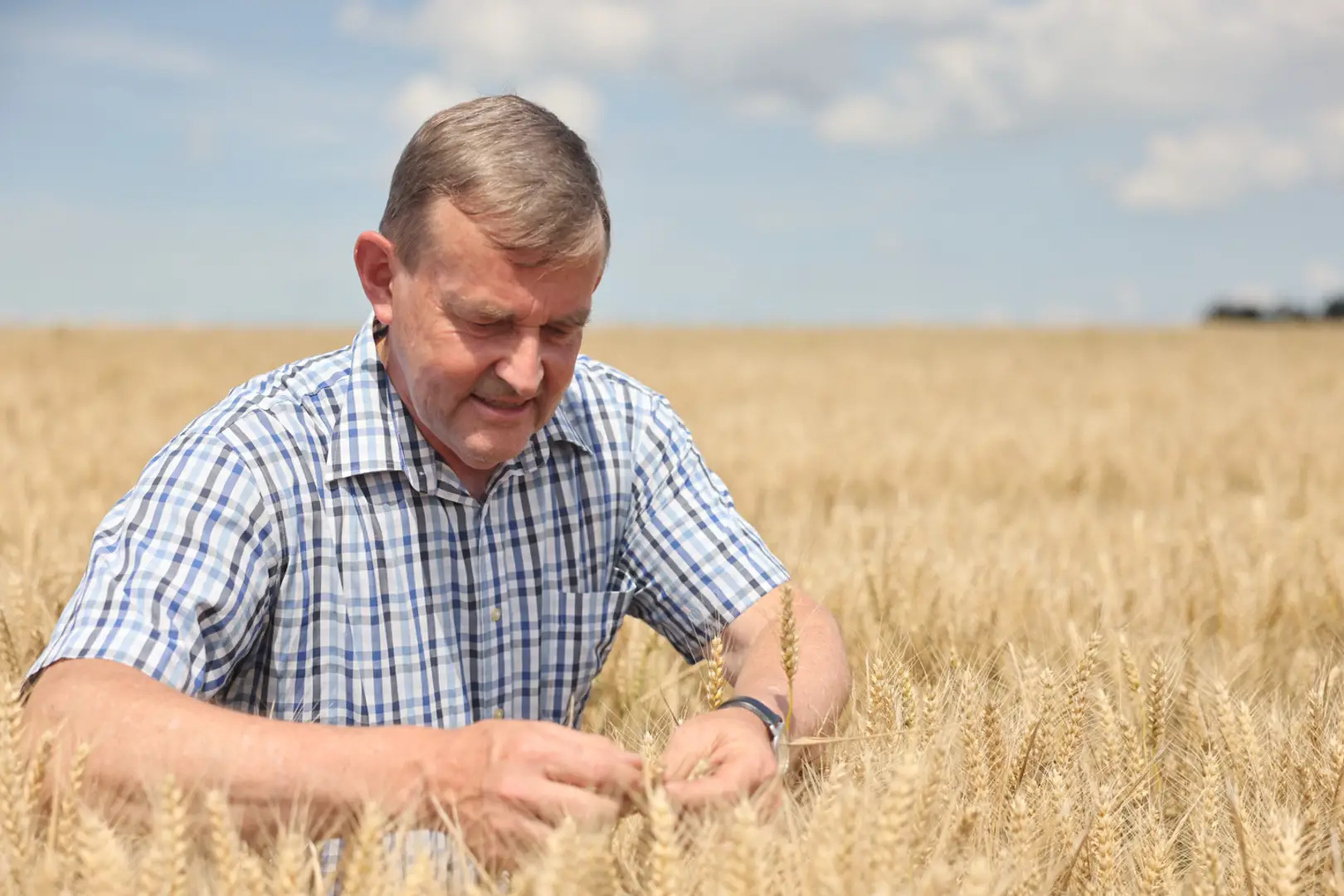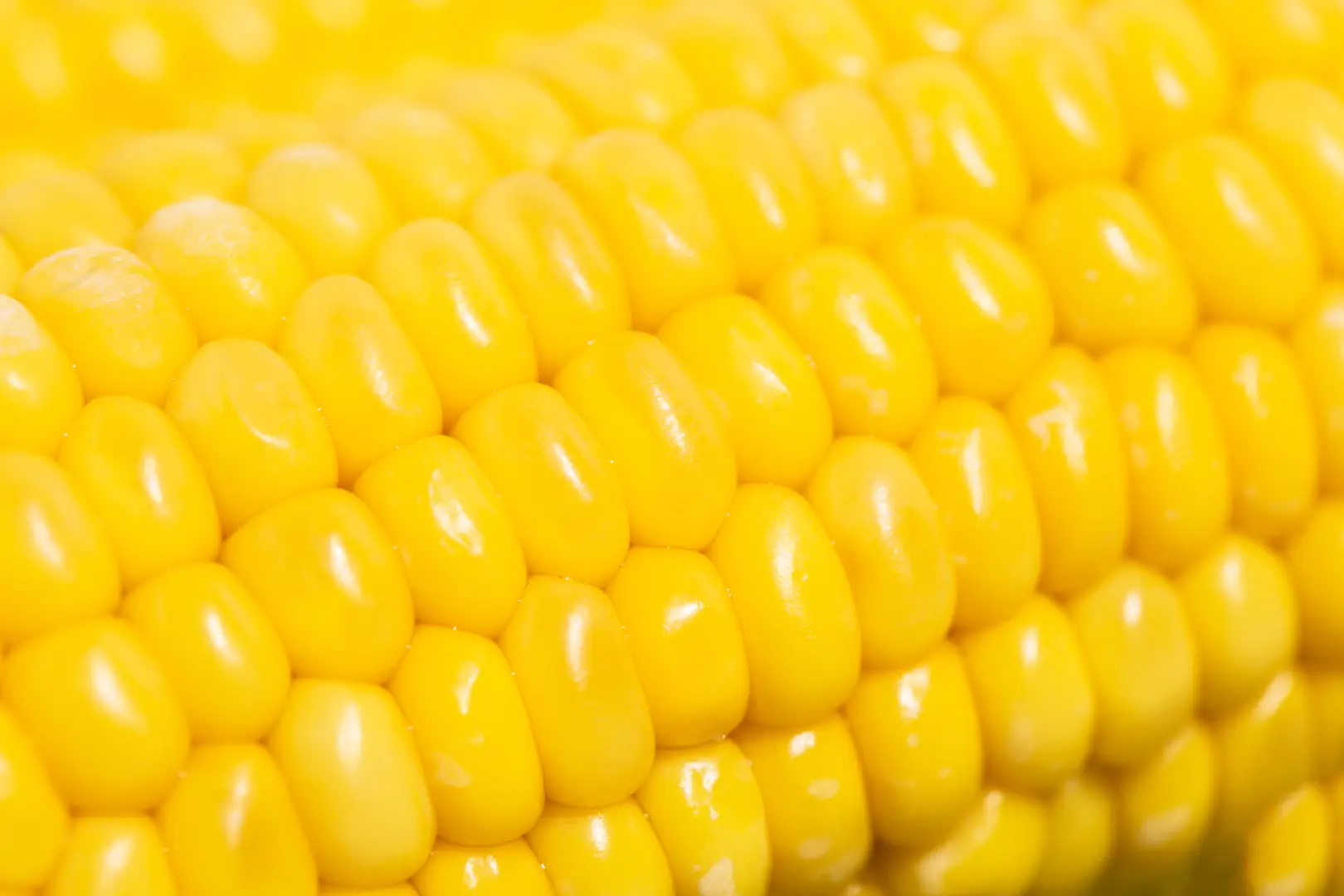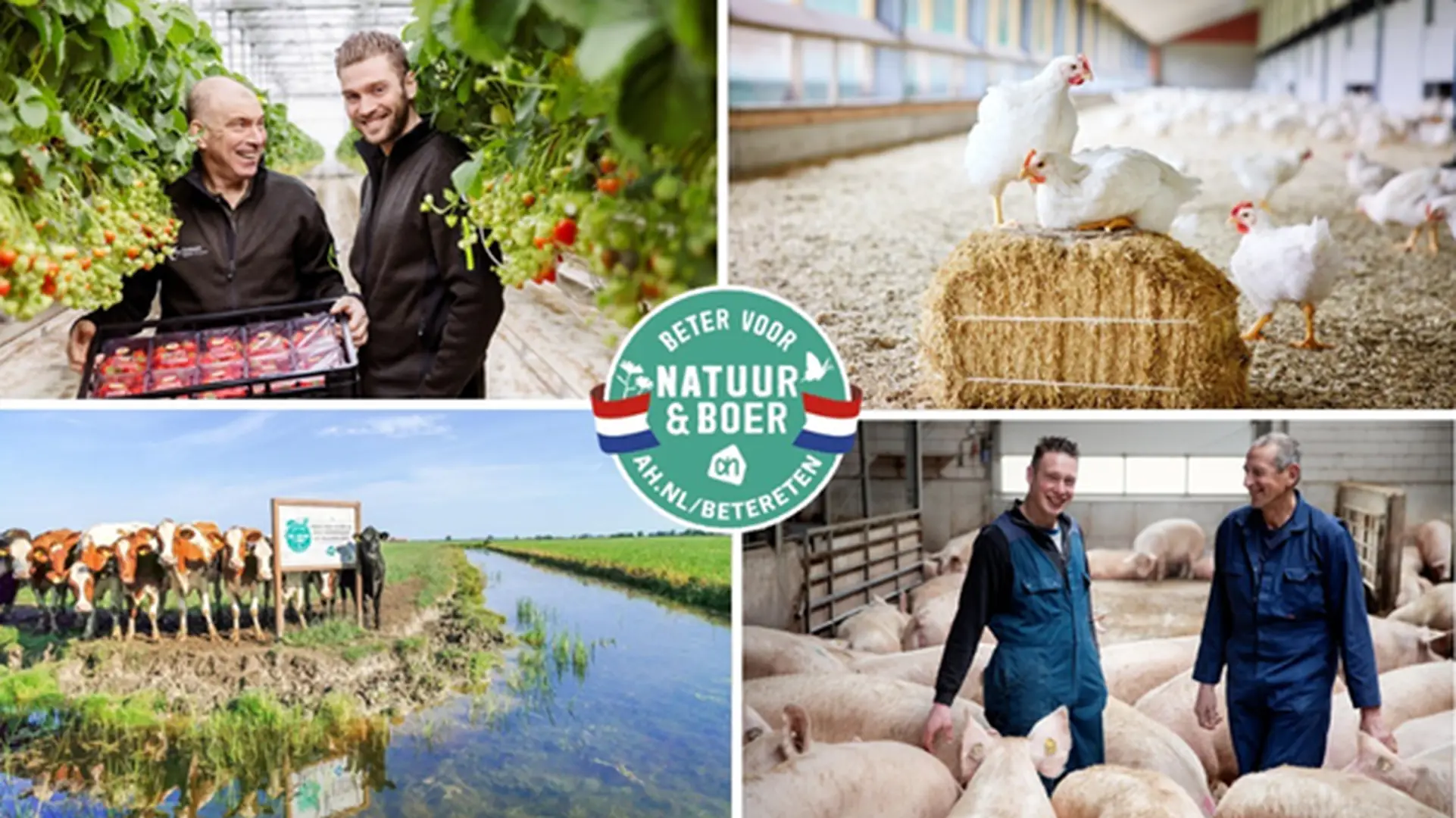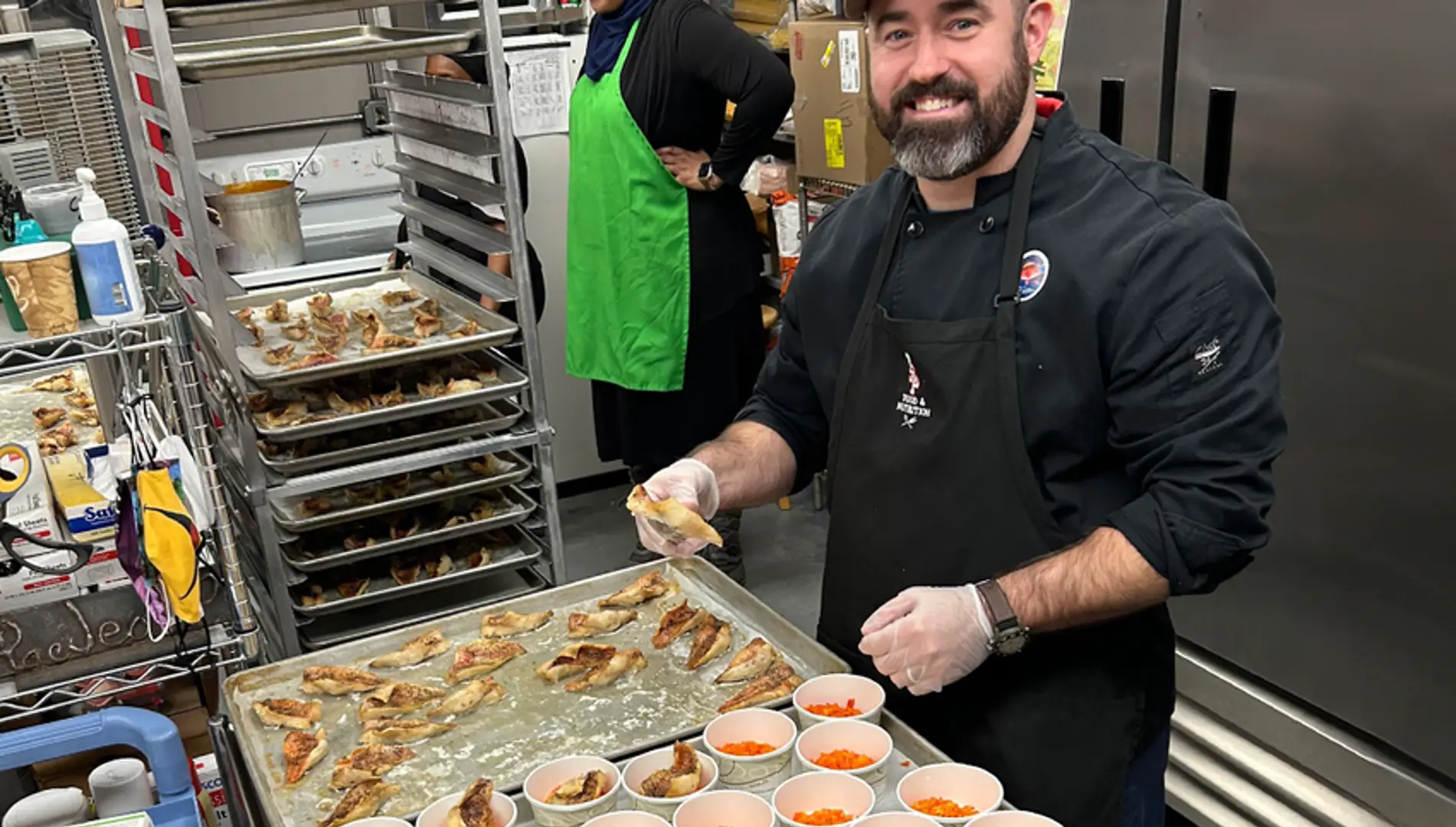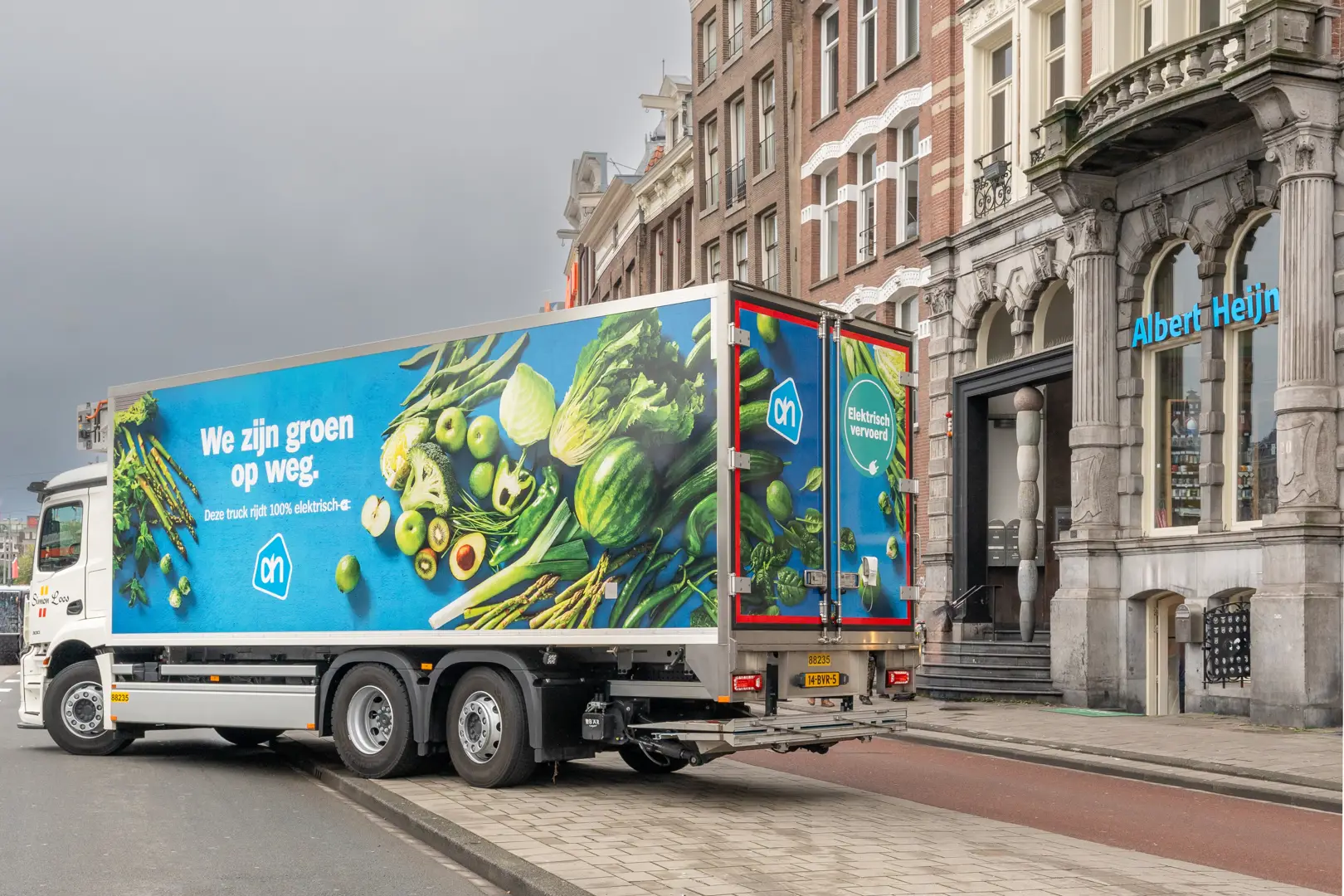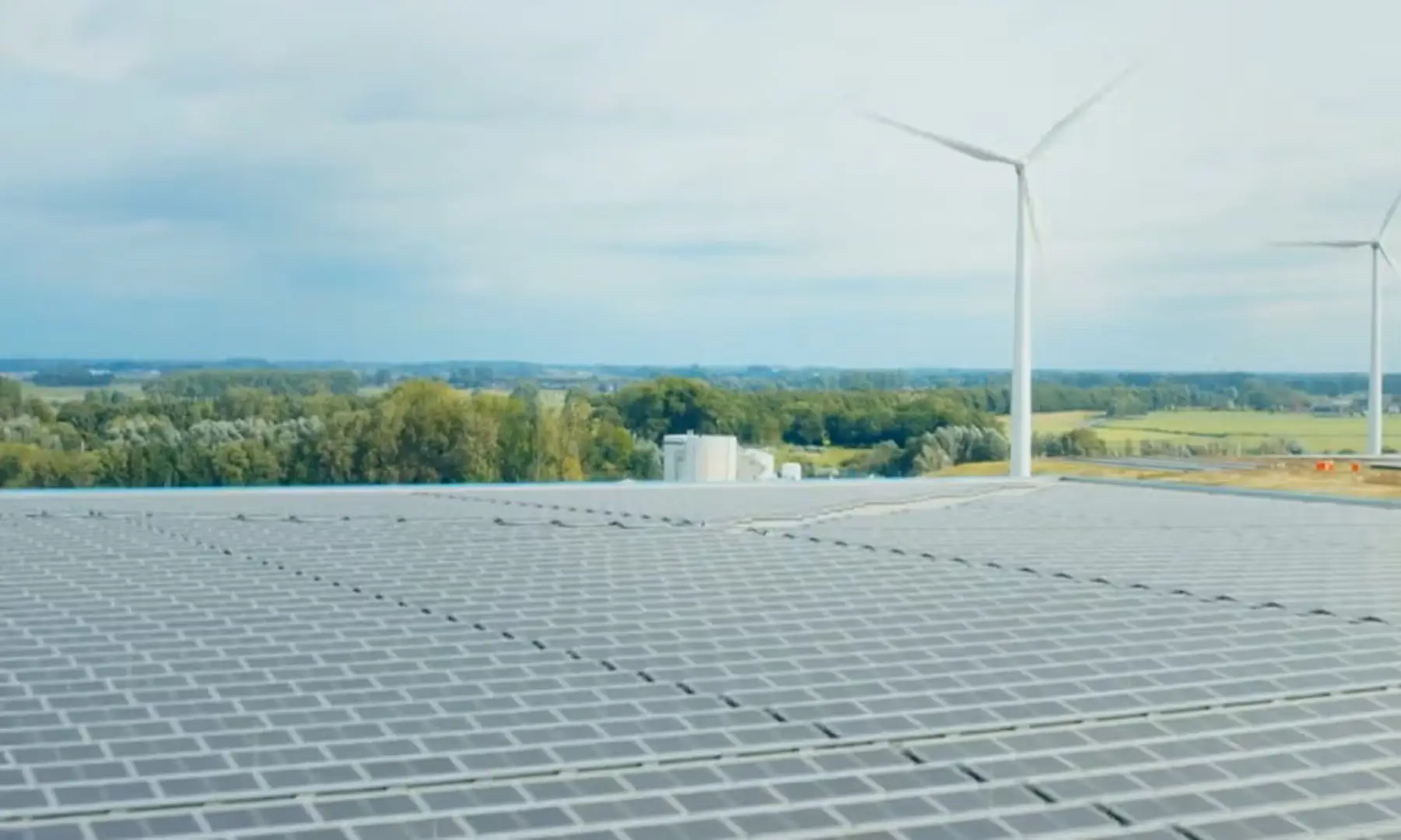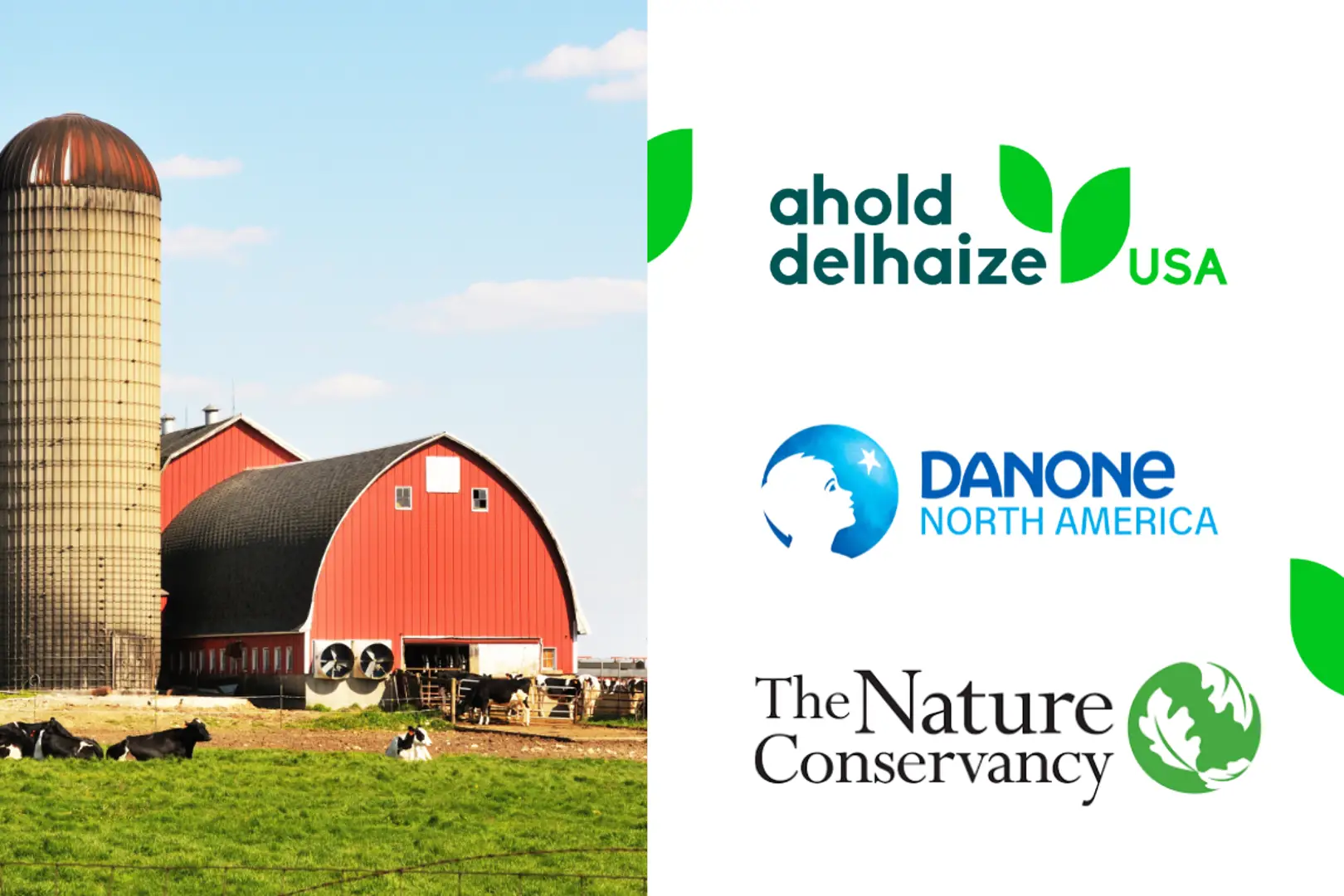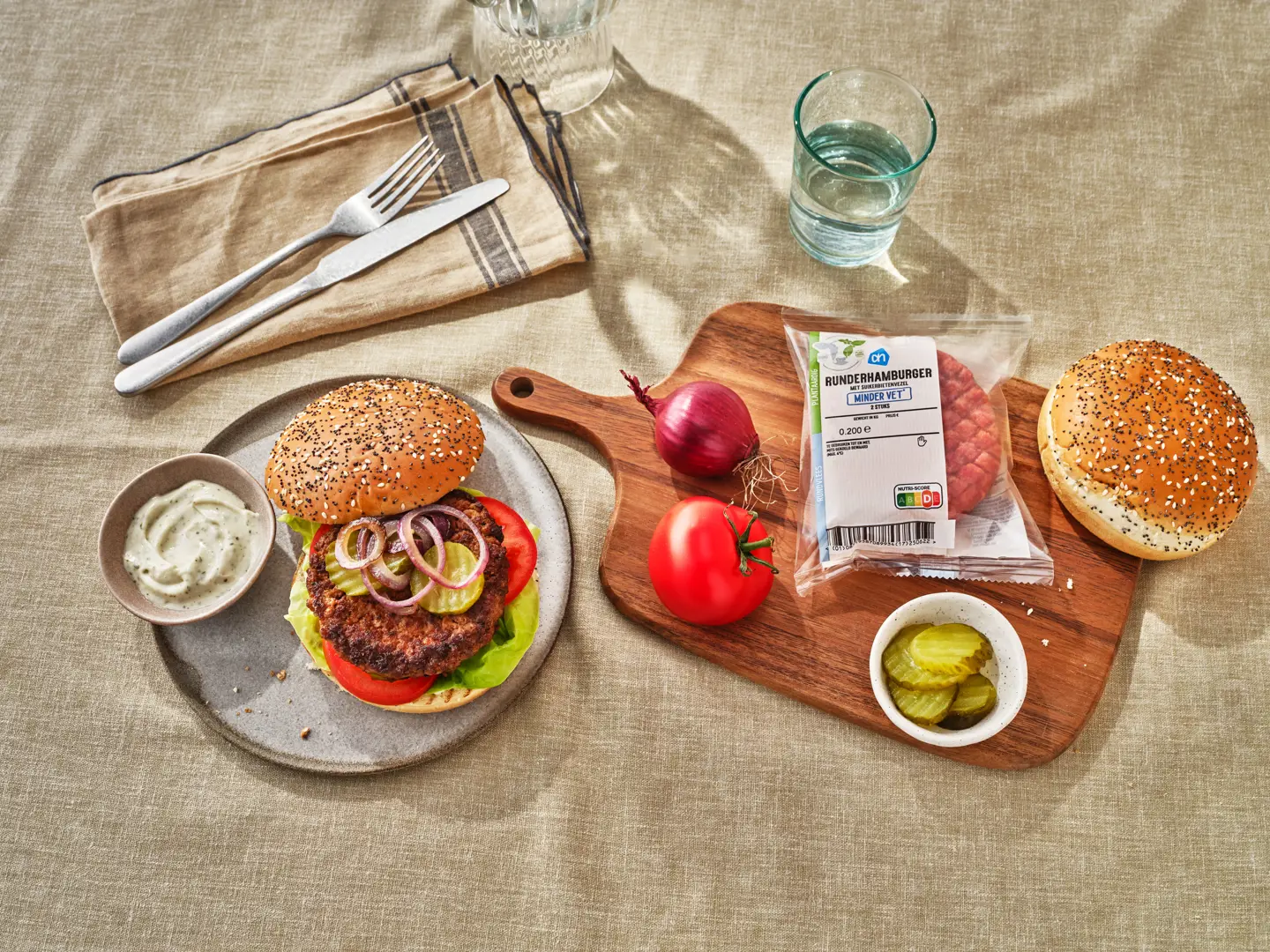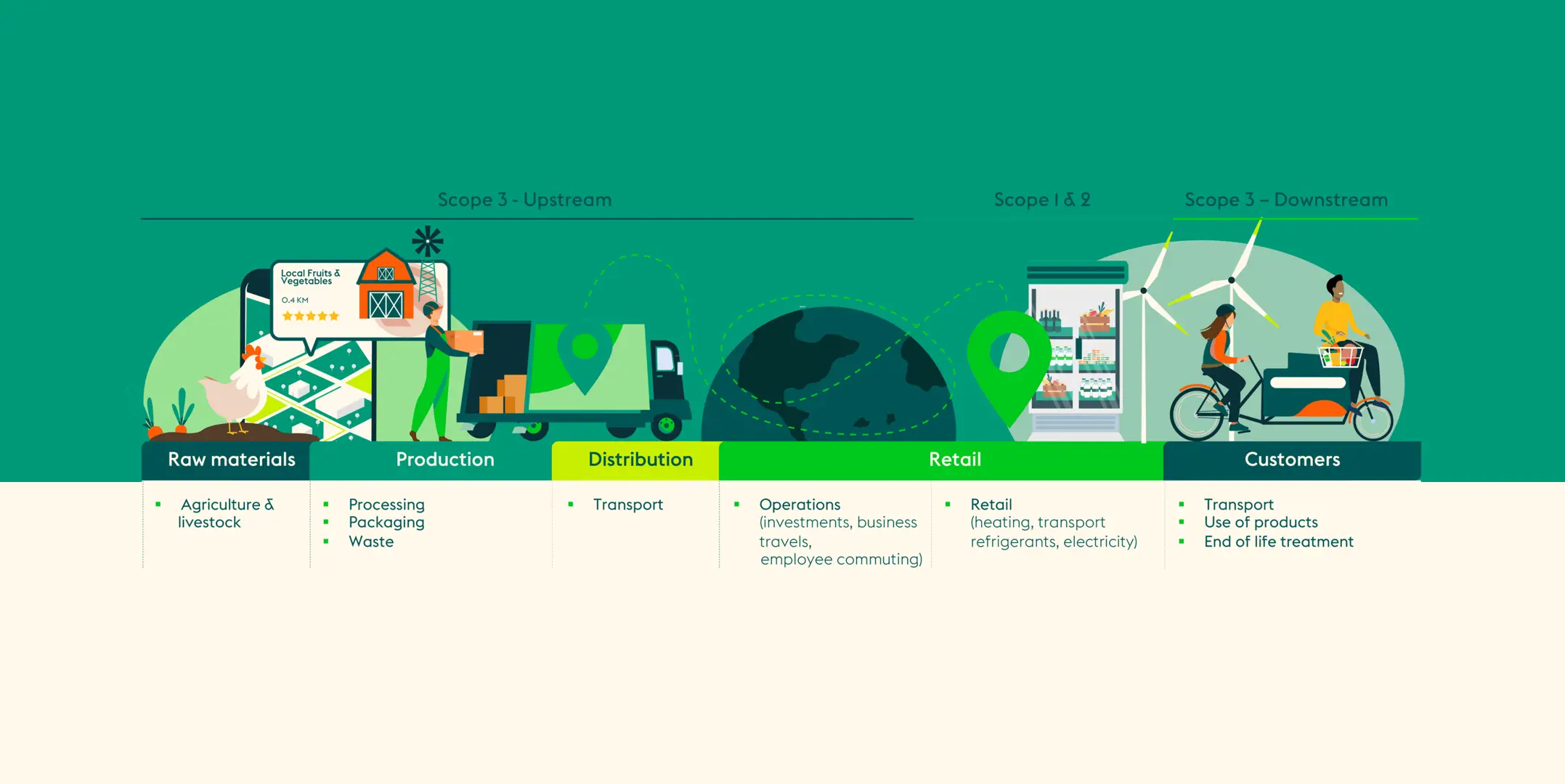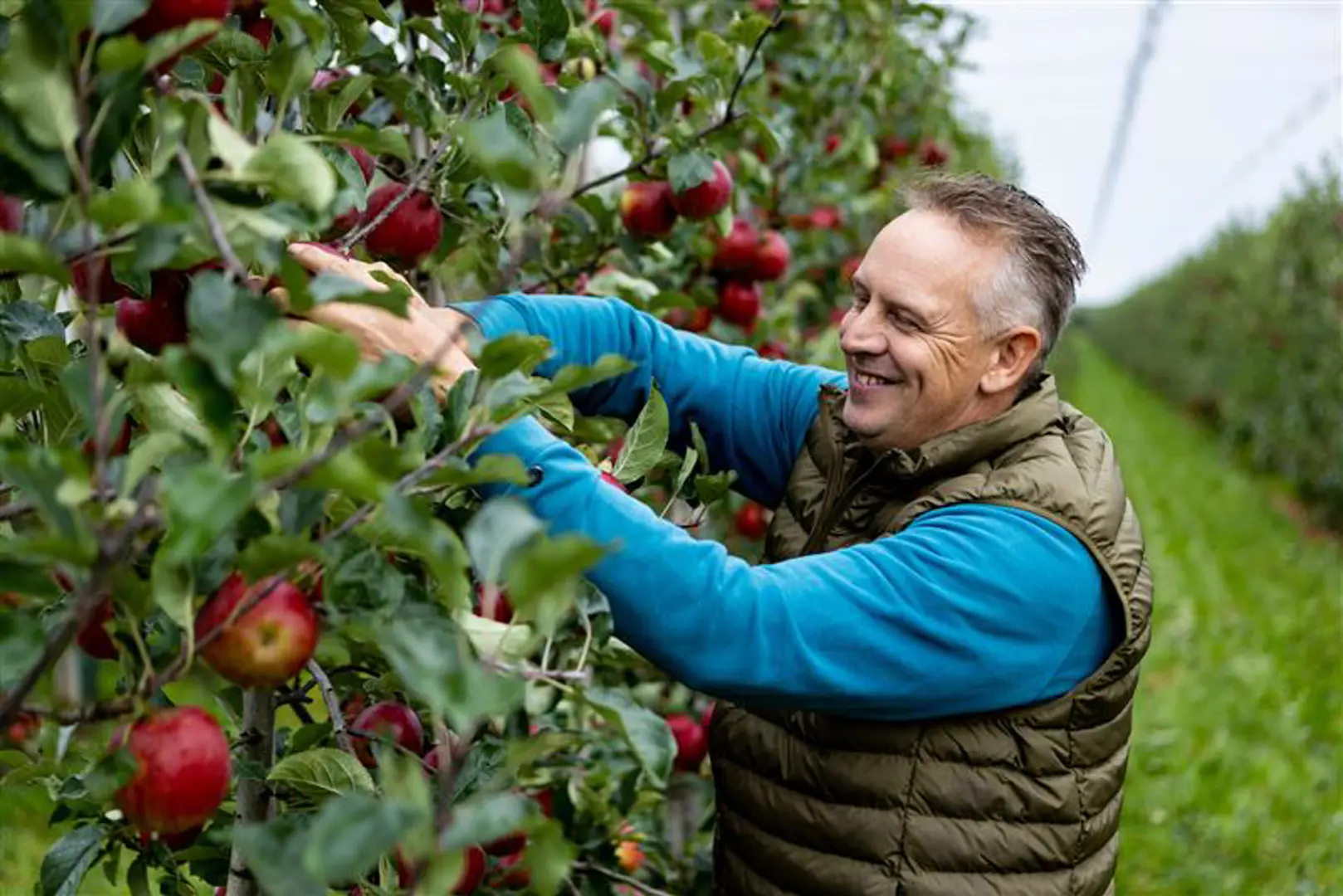We published our fourth quarter and full year 2025 results on February 11, 2026We published our fourth quarter and full year 2025 results on February 11, 2026We published our fourth quarter and full year 2025 results on February 11, 2026We published our fourth quarter and full year 2025 results on February 11, 2026We published our fourth quarter and full year 2025 results on February 11, 2026We published our fourth quarter and full year 2025 results on February 11, 2026We published our fourth quarter and full year 2025 results on February 11, 2026We published our fourth quarter and full year 2025 results on February 11, 2026
We published our fourth quarter and full year 2025 results on February 11, 2026We published our fourth quarter and full year 2025 results on February 11, 2026We published our fourth quarter and full year 2025 results on February 11, 2026We published our fourth quarter and full year 2025 results on February 11, 2026We published our fourth quarter and full year 2025 results on February 11, 2026We published our fourth quarter and full year 2025 results on February 11, 2026We published our fourth quarter and full year 2025 results on February 11, 2026We published our fourth quarter and full year 2025 results on February 11, 2026
